
"The psychiatrist may be obligated to protect the fetus or warn authorities of the patient’s intent."

"The psychiatrist may be obligated to protect the fetus or warn authorities of the patient’s intent."
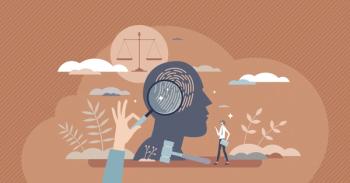
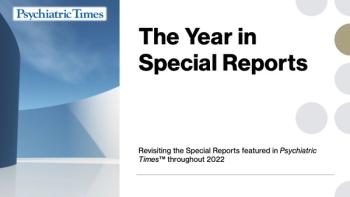
Revisiting the Special Reports featured in Psychiatric Times throughout 2022.

"Dementia is a mental health condition that can make or break families. Remember that behind the difficult behavior is your loved one."
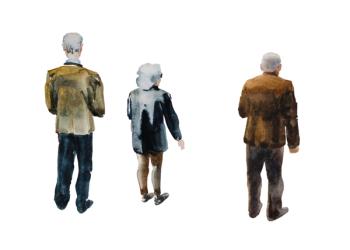
What's the latest in dementia?
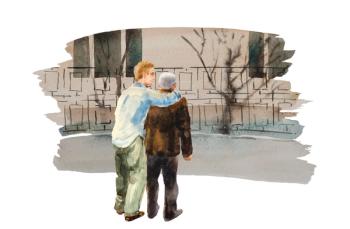
"To be sure, we are still in the nascent stages of developing treatments. However, our armamentarium is steadily growing."

Do you know these terms?

Psychiatrists are in a unique position to empower their patients by recognizing and addressing key issues surrounding gender and sexuality.

"Our own implicit biases come into play at times whether we like it or not, especially when it comes to frequently controversial medications."

“Both doctors and patients know best.”

"Among adults living in the United States, 38% to 40% use complementary and alternative medicine therapies, yet only 42% have told their primary physician that they do so."
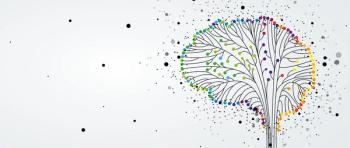
"Rooted in ancient meditative traditions, mind-body practices can offer simple and scalable tools of self-regulation that incorporate controlled paced breathing, which is therapeutic in alleviating symptoms of stress, anxiety, depression, and chronic pain disorders."

Herbal medicines have been used to treat mental health disorders since ancient times, and continue to be useful today.

This Special Report contains concise reviews of selected CAM modalities and what these modalities can offer patients with a variety of mental health issues.

Physicians are not immune to the gravitational pull toward extramarital affairs, particularly with the most alluring mistress: Medicine.

Here are some ethical ways to help our colleagues and ourselves.


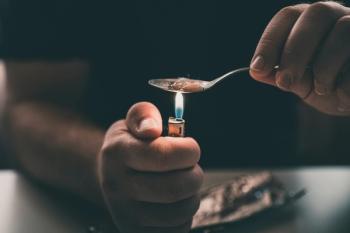
Exploring the association between methamphetamine use and the development of psychotic symptoms, such as paranoid delusions, ideas of reference, and auditory hallucinations.

It is time for gender-sensitive first-episode psychosis services.

Postpartum psychosis is experienced by 1 to 2 women every 1000 deliveries.
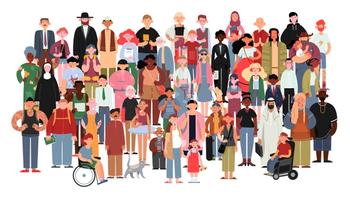
Sociocultural factors have been shown to impact both the presentation and course of schizophrenia/psychosis. Learn more here.

In this Special Report, clearly delineate the clinical context of selective psychoses.

Understanding the additive effects of stigma surrounding dual diagnosis with both substance use disorder and a mental illness.
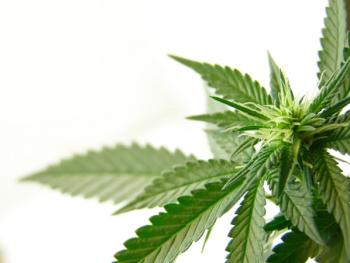
What's the latest update on cannabis legislation and its clinical utility?
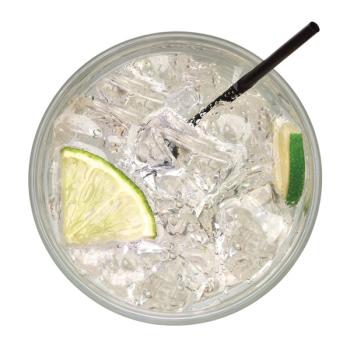
"Limiting definitions of recovery to abstinence and the absence of AUD symptoms fail to capture the multidimensional and heterogeneous pathways to recovery that research has shown to exist among both treatment-seeking and population samples."

The prevalence of annual alcohol consumption is highest in full-time college students 1 to 4 years after high school.

A look at the latest in evidence-based care and innovative treatment for substance use and addiction.
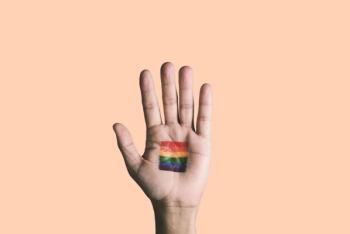
Transgender and gender-diverse youth experience higher rates of depression, suicidal behaviors, and self-injury than their cisgender peers. Here's what you need to know.

PTSD is more prevalent in women than in men. What are the biological, psychosocial, and cultural factors that may explain why?